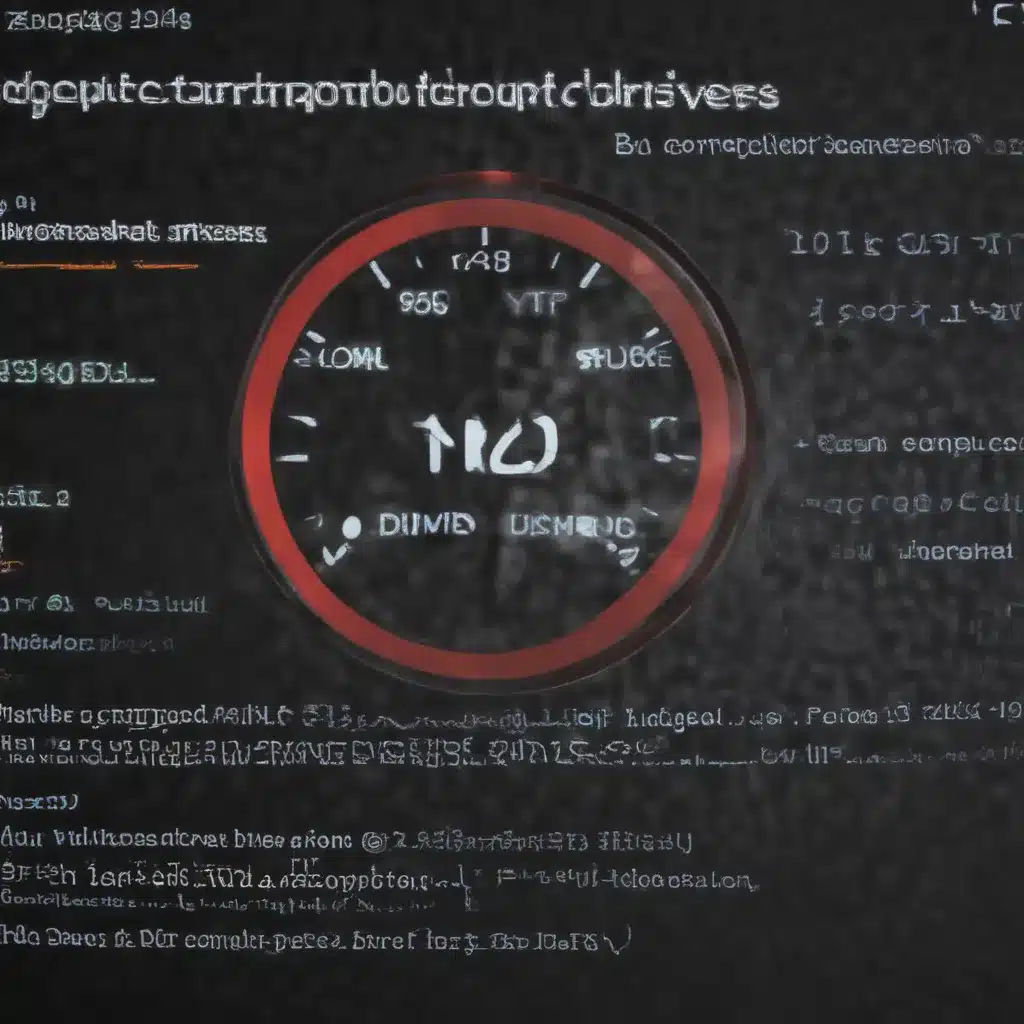Introduction
Quantum computing is an emerging technology that leverages the principles of quantum physics to solve complex computational problems. In recent years, significant advances have been made in developing quantum computers. Major tech companies like IBM, Google, Microsoft, and startups like Rigetti have active quantum computing research programs. There is a possibility that quantum computing could achieve technological milestones by 2024 that transform certain sectors of the tech industry. In this article, I will analyze the progress in quantum computing and whether it can reach a state by 2024 that catalyzes transformation across the broader tech landscape.
The Promise of Quantum Computing
Quantum computers utilize qubits which can represent multiple states simultaneously, enabling massively parallel computation. This gives quantum computers the potential to solve problems that are practically impossible for classical computers in fields like mathematics, cybersecurity, artificial intelligence, financial modeling, chemistry, and material science. Some of the transformational applications that may be possible by 2024 are:
Cryptography and Cybersecurity
- Quantum computers could break most existing forms of public key cryptography by quickly factoring large numbers. This could disrupt encryption, cryptocurrencies, digital certificates, and identity management.
- New quantum-safe cryptography standards like lattice-based, hash-based, and multivariate cryptosystems will need to be adopted before 2024 to enable a smooth transition.
- Quantum computing could help optimize cybersecurity, enable unhackable communications, and enhance privacy technologies.
Artificial Intelligence
- Quantum machine learning algorithms could lead to AI with exponential improvements in speed and effectiveness for pattern recognition, classification, and optimization problems.
- Combined with classical big data and neural networks, quantum-powered AI could find applications in complex tasks like weather forecasting, financial analysis, drug discovery, and natural language processing.
Scientific Research and Drug Discovery
- Quantum simulation of molecular interactions has the potential to accelerate pharmaceutical R&D and material discovery for batteries, solar cells, fertilizers, and polymers.
- By 2024, quantum computers may discover or design new medicines, chemical catalysts, and high-performance materials.
Financial Modeling
- Quantum computing could enable portfolio optimizations that were previously impossible. This can transform quantitative analysis, risk management, and arbitrage strategies.
- Financial institutions are already experimenting with quantum algorithms for stock pricing, transaction processing, and fraud detection.
Progress Needed for Quantum Supremacy by 2024
For quantum computing to transform industries by 2024, significant milestones need to be achieved:
Full Scale Quantum Computers
- Current quantum computers only have less than 100 qubits and can perform limited calculations.
- We need quantum computers with 500-5000+ logical qubits with low error rates connected through error correction codes. This requires major hardware advances.
Killer Applications
- Discovering commercially viable quantum algorithms that provide exponential speedups over classical computers in areas like AI, chemical simulation, optimization, and finance.
Quantum Supremacy
- Demonstrating unambiguous quantum supremacy by solving problems that are verifiably impossible on classical supercomputers. This milestone would signal readiness for real-world adoption.
Quantum Cloud Platforms
- On-demand access to quantum computers over the cloud for developers, researchers, and enterprises will need to emerge before 2024.
Challenges in Reaching Quantum Supremacy by 2024
While significant progress has been made in quantum computing, achieving the above breakthroughs by 2024 faces some key challenges:
-
Hardware challenges: Building fault-tolerant quantum computers with hundreds of logical qubits has proven extremely difficult. Leading hardware like superconducting qubits, trapped ions, and photonics all have technical constraints today to overcome.
-
Error correction: The fragility of quantum states leads to errors. We will need efficient error correction codes like surface codes for reliable large-scale quantum computing.
-
Finding commercially viable applications: Discovering quantum algorithms that provide real-world benefits superior to classical computers remains difficult and an active area of research.
-
Developing quantum software stacks: Programming tools, compilers, libraries, and applications tailored to quantum computing need to evolve and mature.
What Level of Disruption Can Happen by 2024?
While full-fledged quantum supremacy by 2024 faces roadblocks, meaningful milestones could still be attained:
-
100-200 qubit systems operating at error rates below the threshold for fault tolerance.
-
Demonstration of useful quantum advantage for specialized problems in cryptography, optimization, and machine learning.
-
Commercial availability of quantum computing over the cloud for early adopters.
-
Enterprises preparing for post-quantum cryptography standards.
-
Explosion of startups offering quantum software stacks and applications.
These advancements could potentially disrupt sectors like defense, intelligence, finance, chemicals, and security that have high incentives to leverage quantum computing early on. Overall, by 2024, quantum computing will transition from pure research into early commercialization and practical non-supremacy applications.
The Future and Impact of Quantum Computing
In the long term, quantum computing could transform our world and fuel a new industrial revolution. But the road ahead is long and requires overcoming formidable technical obstacles. Realizing the full promise of quantum computing in areas like artificial general intelligence and molecular modeling may take well beyond 2024. With continued progress, one can be optimistic that quantum computing will deliver next-generation advancements we can barely fathom today. But a tempered outlook must be adopted when it comes to the concrete business impacts possible by 2024.
Conclusion
In summary, achieving universal quantum supremacy by 2024 that transforms entire industries remains unlikely. However, reaching meaningful quantum advantage for practical applications in niches like finance, intelligence, and chemicals is possible. For quantum computing to catalyze transformations across the broader tech landscape, we may need to look beyond the 2024 timeline to the late 2020s and 2030s. The quantum era is coming, but it will unfold gradually in the next decade based on hardware and software progress. But the long-term outlook remains exciting as quantum computing promises to reshape our understanding of computation itself.













